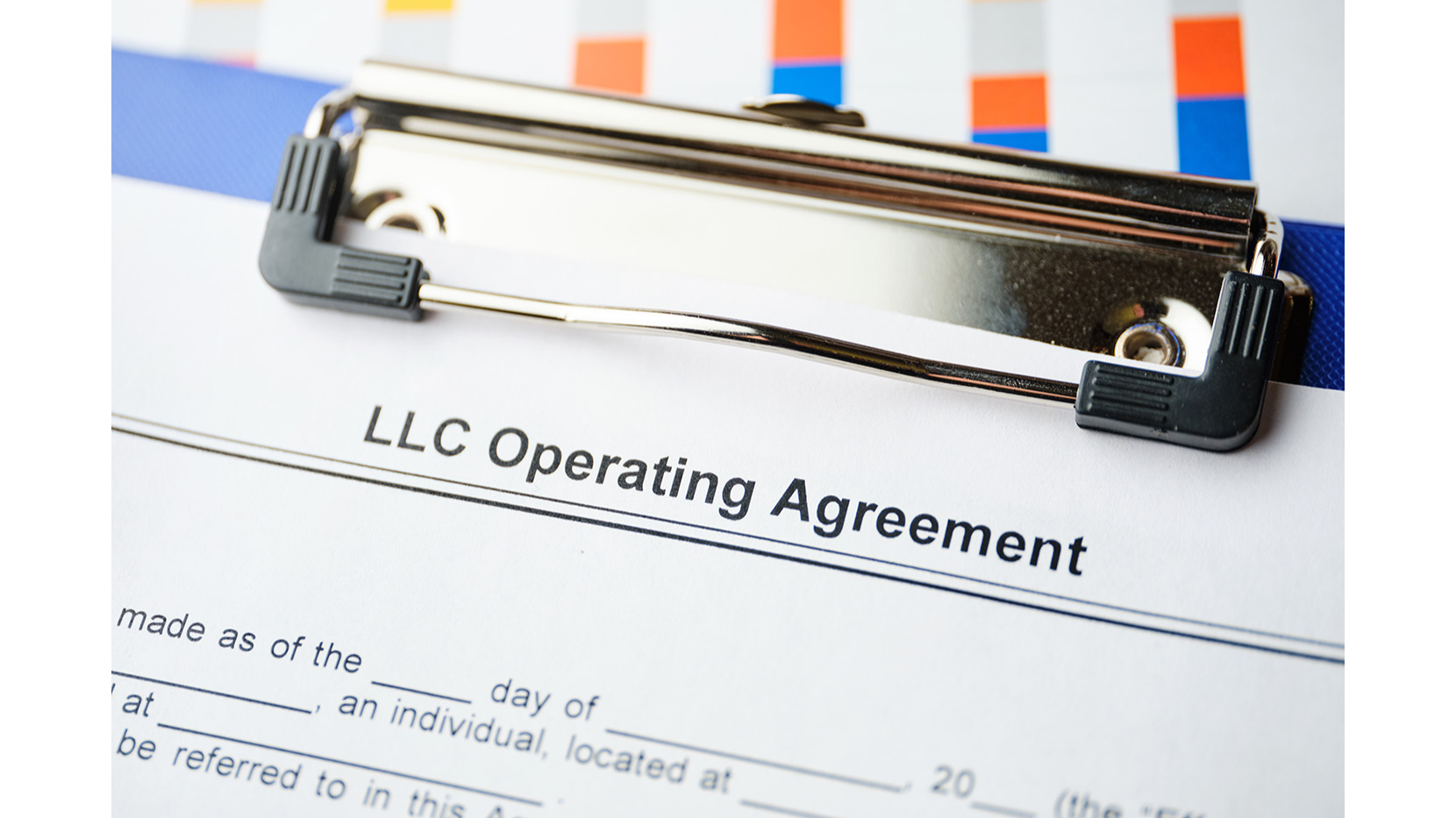Whether you’re forming and registering an LLC in Canada or the U.S, it’s important to understand that the two jurisdictions work differently in terms of Limited Liability Companies.

Establishing a limited liability company (LLC) is a popular choice for entrepreneurs seeking to protect personal assets while doing business. However, when considering cross-border expansion between Canada and the United States, the legal landscape differs significantly—particularly regarding LLCs. In Canada, the LLC structure is not recognized; instead, incorporation is the closest functional equivalent. Understanding these distinctions is critical for making the right legal and business decisions.
Pace Law Firm, a Toronto-based legal practice with extensive experience in cross-border business law, recommends structuring and registering entities in both jurisdictions. For businesses considering operations in Canada, incorporation provides limited liability protection, much like an LLC does in the U.S. However, it also comes with distinct regulatory and tax considerations that must be carefully evaluated.
Working with knowledgeable Corporate and Commercial lawyers ensures that the structure chosen supports both the legal requirements and long-term goals of the business. Incorporating in Canada can offer advantages, such as separating business and personal liability, but it may not be suitable for every venture. Alternatives such as partnerships, joint ventures, or professional corporations may be more aligned with a company’s operational and financial goals.
Each structure carries its own legal and tax implications, and choosing the correct model from the outset can prevent complications down the line.
As a representative from Pace Law Firm notes, “Selecting the appropriate corporate structure is one of the foundational steps when establishing a new business. Our legal team supports clients at every stage—ensuring the decisions made align with both short- and long-term objectives.”
In the United States, LLCs are widely used for their flexible tax treatment and ease of management. Still, they are not the only viable option. Depending on the nature of the business, structures such as sole proprietorships, partnerships, S-Corporations, or C-Corporations may be more suitable. A specialist commercial law firm can walk clients through the available options and offer comprehensive legal advice.
For organizations planning to operate on both sides of the border, having knowledgeable legal guidance is essential. Whether incorporating in Canada or forming an LLC in the U.S., working with a seasoned legal team can streamline the process and ensure a business is set up on the right foundation.
